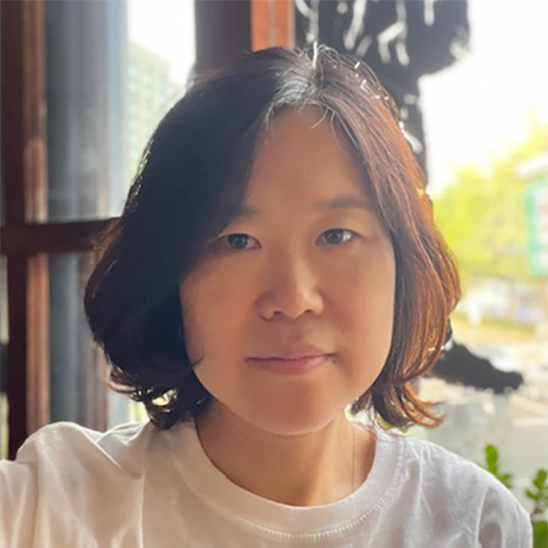
Schedule office hours here.
Yasmin Cho (she/her) is an Earl S. Johnson Lecturer in Anthropology in MAPSS. She holds a PhD in Cultural Anthropology from Duke University. Before joining MAPSS, she was a postdoctoral researcher at Columbia University and a Marie Skłodowska-Curie Fellow at the University of Copenhagen.
Dr. Cho’s research interests include materiality, infrastructure, technology, ethnic politics, migration, gender, and anthropology of religion, as well as social theory and ethnography. Her areas of focus are China, Tibet, and sub-Saharan regions of Africa where China’s transnational presence is growing. Her work is dedicated to understanding, from an anthropological perspective, the role of materiality (including technology and infrastructure) in religious movements, with a special focus on gender politics and the formation of political subjectivity in ethnic minority groups. Her first book, Politics of Tranquility: The Material and Mundane Lives of Buddhist Nuns in Post-Mao Tibet, forthcoming from Cornell University Press, explores the intersections of material practices, gender, and religious revivalism through the lives of Tibetan Buddhist nuns in post-Mao China and reveals the unexpected political outcomes of the nuns’ lives and practices within a restrictive political context.
Since 2021, Dr. Cho has been focusing on a Chinese-supported Buddhist NGO and its school-building activities in sub-Saharan African countries and recently completed two and a half years of field research in Namibia (including a few months in Madagascar). Her forthcoming article, “Mooring Buddhism: Infrastructure and Chinese School Building in Central Namibia,” in The Copenhagen Journal of Asian Studies reflects her most recent ethnographic work in Namibia and explores how Buddhism has become a form of infrastructure that supports China’s growing presence on the African continent. Her other publications have appeared in the Journal of Religious Ethics, Modern Asian Studies, and the edited volume Frontier Tibet: Patterns of Change in the Sino-Tibetan Borderlands.
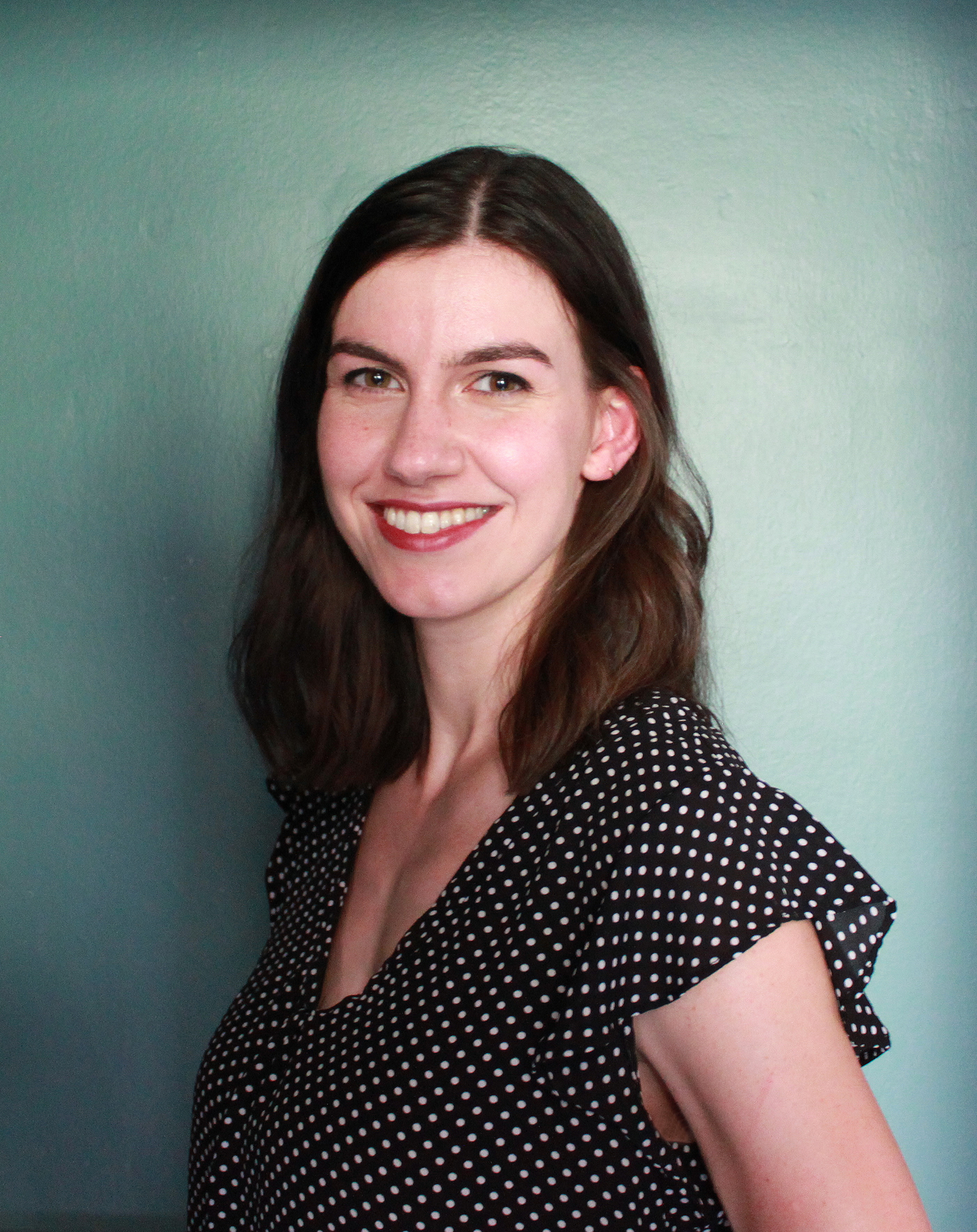
Schedule office hours here.
Amanda Ceniti (she/her) is an Assistant Instructional Professor of Psychology in MAPSS. She holds a PhD from the Institute of Medical Science and the Collaborative Program in Neuroscience at the University of Toronto, where she also received an HBSc in Human Biology: Neuroscience. Prior to joining the University of Chicago, she was a Postdoctoral Fellow at the Arthur Sommer Rotenberg Suicide & Depression Studies Program at St. Michael’s Hospital, Unity Health Toronto.
Professor Ceniti’s research focuses on depression and suicide risk using interdisciplinary methods, including neuroimaging, cognitive tasks, clinical measures, and qualitative interviews. Her current work focuses on the needs of family and friends supporting their loved ones at risk of suicide. There is a significant lack of resources available for this group and a strong need to bolster community-level suicide prevention strategies. In her postdoctoral work, she conducted a national needs assessment to understand the barriers and gaps experienced by friends/family in supporting their loved ones, using qualitative and participatory action research methods. She is now using these findings to co-develop and test a novel suicide prevention training program specific to friend/family needs, in partnership with people with lived/living experience.
Professor Ceniti’s doctoral research in neuroscience focused on the association between Major Depressive Disorder and mild traumatic brain injury (mTBI), with a particular focus on the brain’s reward system. In this work, she used resting-state and task-based neuroimaging (fMRI); behavioural measures of reward and cognition; and clinical interviews and questionnaires to better understand the cumulative impact of mTBI and depression, compared to either condition alone. She has also studied the effects of the COVID-19 pandemic on mental health, including trends in emergency department visits for self-harm during COVID-19 as well as patient and provider experiences with virtual mental health care. A final area of research focus involves cognitive and neuroimaging predictors of treatment response in depression, including to pharmacotherapy and neurostimulation.
In addition to her research, Professor Ceniti is involved with public engagement and knowledge translation activities, including coordination of the national Storybook Project initiative, a published collection of personal stories written by those impacted by suicide across Canada.

Schedule office hours here.
Damien Bright (he/him) is an Earl S. Johnson Lecturer in Anothropology in MAPSS. He holds an MA and PhD in Anthropology from the University of Chicago, and an MA in Political Science from SciencesPo Paris.
Dr. Bright’s research examines why modern formations of science and politics depict the Earth as a problem to "solve" and what happens when they try. With an empirical focus on Australia and the North Atlantic, he uses historical and multimodal ethnographic methods to investigate the marine milieu as a proving ground for the projections of industrial modernity. His current book project, Whither the Reef? Technoplanetary Salvage after the End of Coral, examines the reorganization of climate research, politics, and action in response to the predicted collapse of tropical coral reefs. Media coverage, documentary film, scientific advocacy, and political campaigning emphasize that the prospect of losing these marine ecosystems calls for drastic collective action. One result is a controversial shift in the norms of modern conservation science and management: the uptake of experimental laboratory and engineering practices to alter the nature of coral reefs themselves. As ideal climate engineering test subjects, corals thus acquire a double existence: tragic heralds of the limits of modern reason and heroic bearers of its endless renewal. Technoplanetary salvage, or the process of industrializing nature in order to forge a climate engine from it, invites mutual exposure and perpetual maintenance.
Dr. Bright’s latest research tracks a multigenerational push to style the Earth after the oceans as a carbon storage medium available to industrial “enhancement.” The plasticity of this vision accommodates attempts at technological revolution, market experiments, divergent national industrial imaginaries, and, even, varieties of social science critique. Its hegemony makes rivals of environmental struggles that question the necessity of modernist universals. Tentatively titled Aquarium Worlds and the Availability of Engineered Oceans, this project builds on postdoctoral fieldwork in the U.S., Germany, and Australia initiated at the Research Institute for Sustainability in Potsdam, Germany.
Dr. Bright’s work has appeared in Techniques & Culture, Diseña, and Microbium: The Neglected Lives of Micromatter (2024). He is eager to work with students on topics including epistemic, political and moral uncertainty; the experience and aftermath of crisis; psychopolitics and embodiment; and ambiguity and the paranormal.
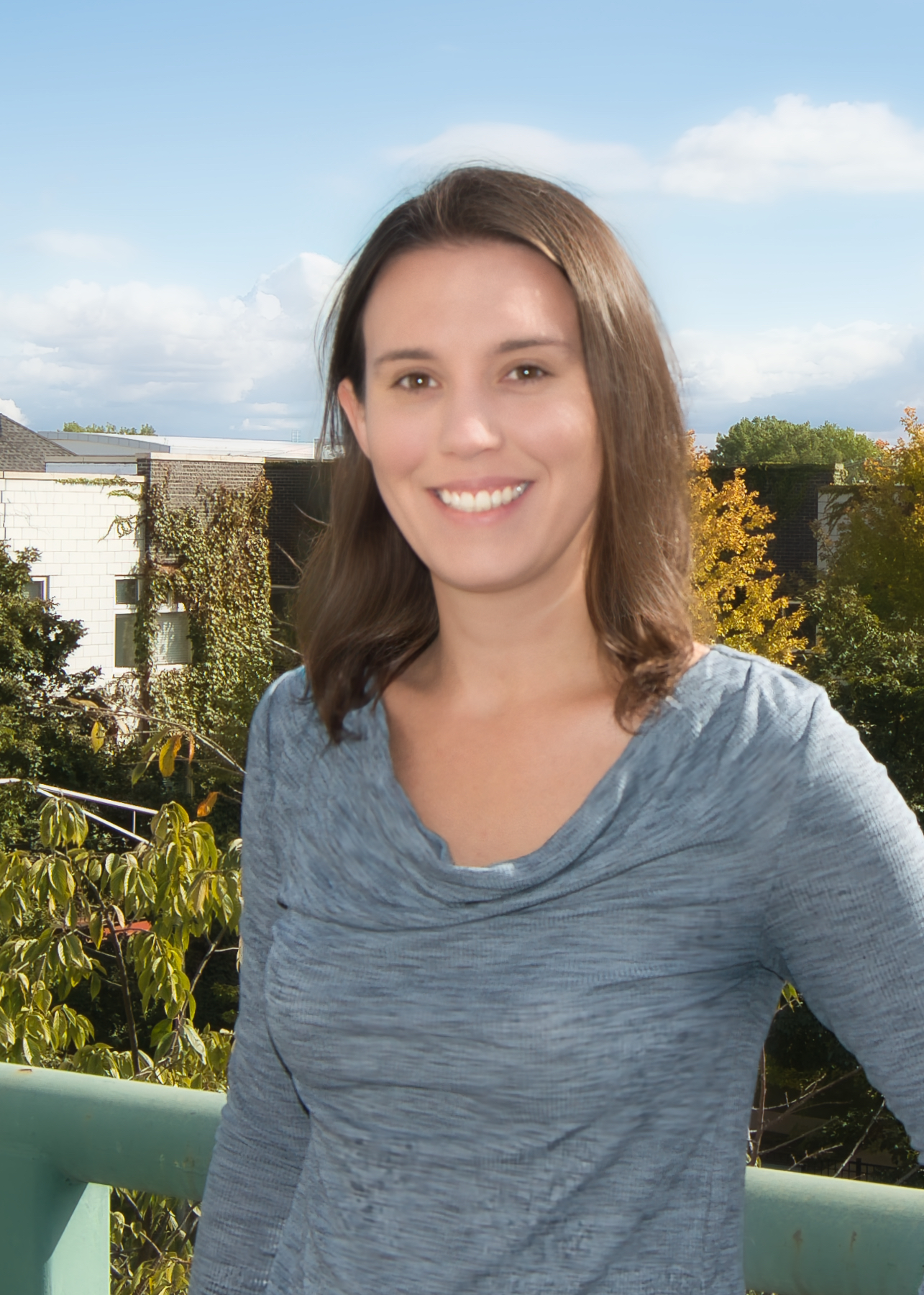
Schedule office hours here.
Natalie Dowling (she/her) is an Assistant Instructional Professor of Psychology in MAPSS. She holds a PhD and MA in Comparative Human Development from the University of Chicago, where she also received a BA in Linguistics. Her research explores how people coordinate in face-to-face interaction with more than just their words, and how these conversational tools develop from infancy to adulthood.
Professor Dowling's research uses an interdisciplinary perspective studying multimodal discourse across the lifespan, integrating methods and theory from developmental psychology, conversation analysis, and psycholinguistics. She uses a mixed-methods approach to understand the acquisition and integration of linguistic and non-linguistic elements of discourse-pragmatics. In particular, her work asks questions about the changing functions of co-speech gestures as children become collaborative conversationalists: When and why do children use gestures before words? What kinds of nonverbal messages are children sending when they speak? As adults, do we notice?
Much of Professor Dowling's research analyzes naturalistic interaction between children and caregivers in the Psychology Department’s Language Development Project, a longitudinal study of communicative development. Her recent work with this corpus looked at how children spontaneously produced shrug gestures in early childhood and adolescence, which are known to be used by adults for an array of complex interactional functions. She shows that although children produce shrug forms in infancy, they do not use them with adult-like functional flexibility even in adolescence. Her findings support the idea that pragmatic development is inherently multimodal, with verbal and nonverbal conversational skills developing together over a lengthy ontogenetic trajectory. Her ongoing research continues to explore the integration of speech and pragmatic gesture in children, adolescents, and adults.
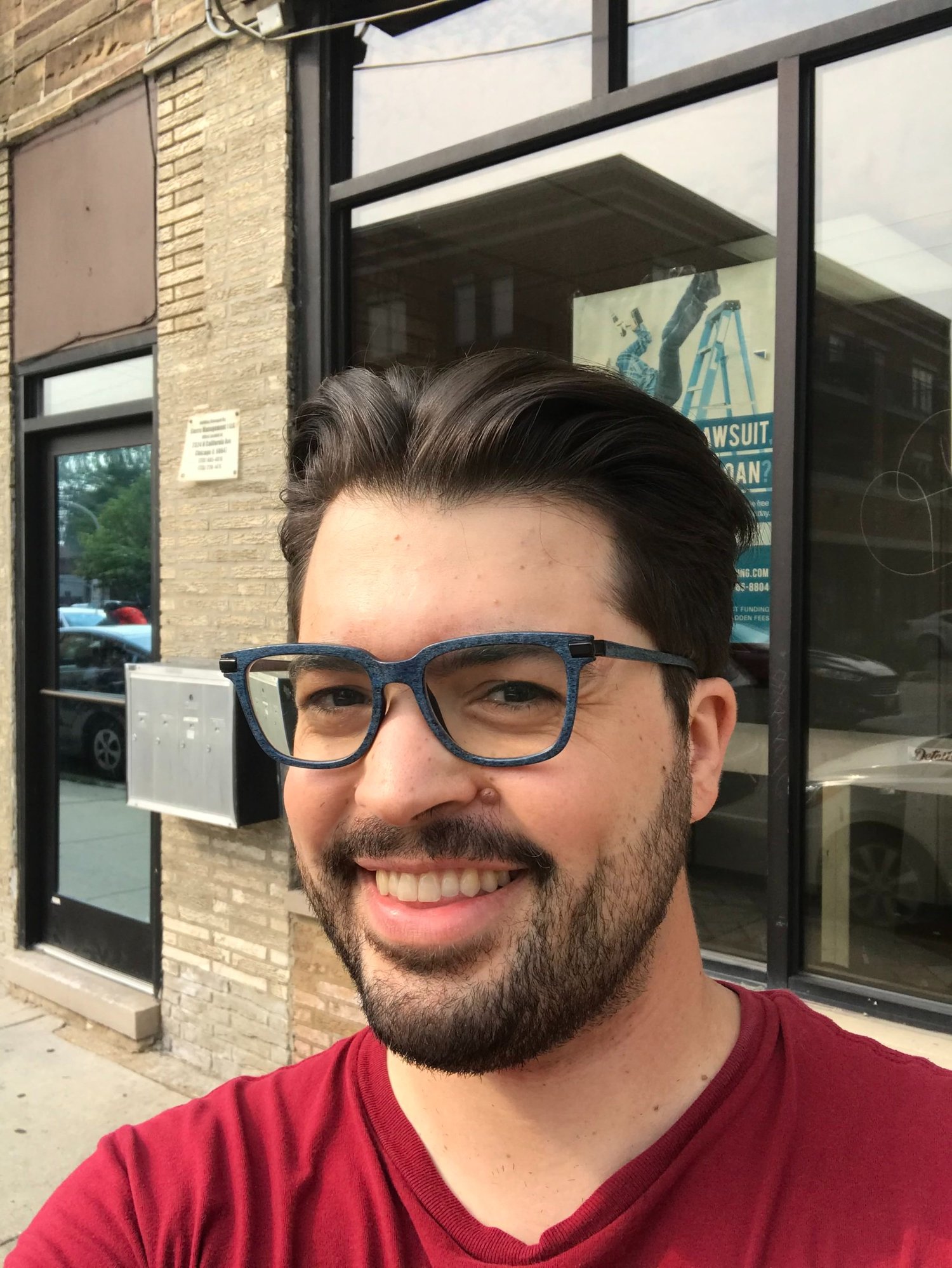
Schedule office hours here.
Maximilian Cuddy (he/him) is an Earl S. Johnson Lecturer in Sociology in MAPSS. He holds a PhD in Sociology from the University of Illinois Chicago (UIC), and a BA in Sociology and African American Studies from Temple University.
Dr. Cuddy's research sits at the intersection of the sociology of race, the sociology of education, and urban sociology. He studies how schools and neighborhoods are critical institutions where racial hierarchy can be either reproduced or disrupted. In addition, he has a keen scholarly interest in illuminating how past decisions affect present-day realities. His first research strand focuses on contemporary race and class politics in K-12 urban education. His dissertation project, "School Consolidation in the Unequal City: Challenging the Status Quo and Rethinking Racial Justice", examines the historical relationship between two Chicago neighborhood schools and details a community conflict over changing a status quo that maintained segregation and opportunity hoarding. A qualitative researcher, he draws on in-depth interviews, ethnographic fieldnotes, and archival research. The dissertation argues that a paradigm shift is needed in how we approach questions of racial justice for students of color. Dr. Cuddy plans to turn this project into a book manuscript in the near future.
A second strand of his research agenda explores the racialized and classed aspects of how families make school and residential decisions. This work is represented most recently in a co-authored article in Journal of Urban Affairs, article and book chapters in The Sociology of Housing and Detroit and the New Political Economy of Integration in Public Education. A final strand of his research focuses on the effects of the racial wealth gap.
He has taught courses on the Sociology of Race, the Sociology of Youth and Childhood, and Black and Latinx Feminist Perspectives on Education.
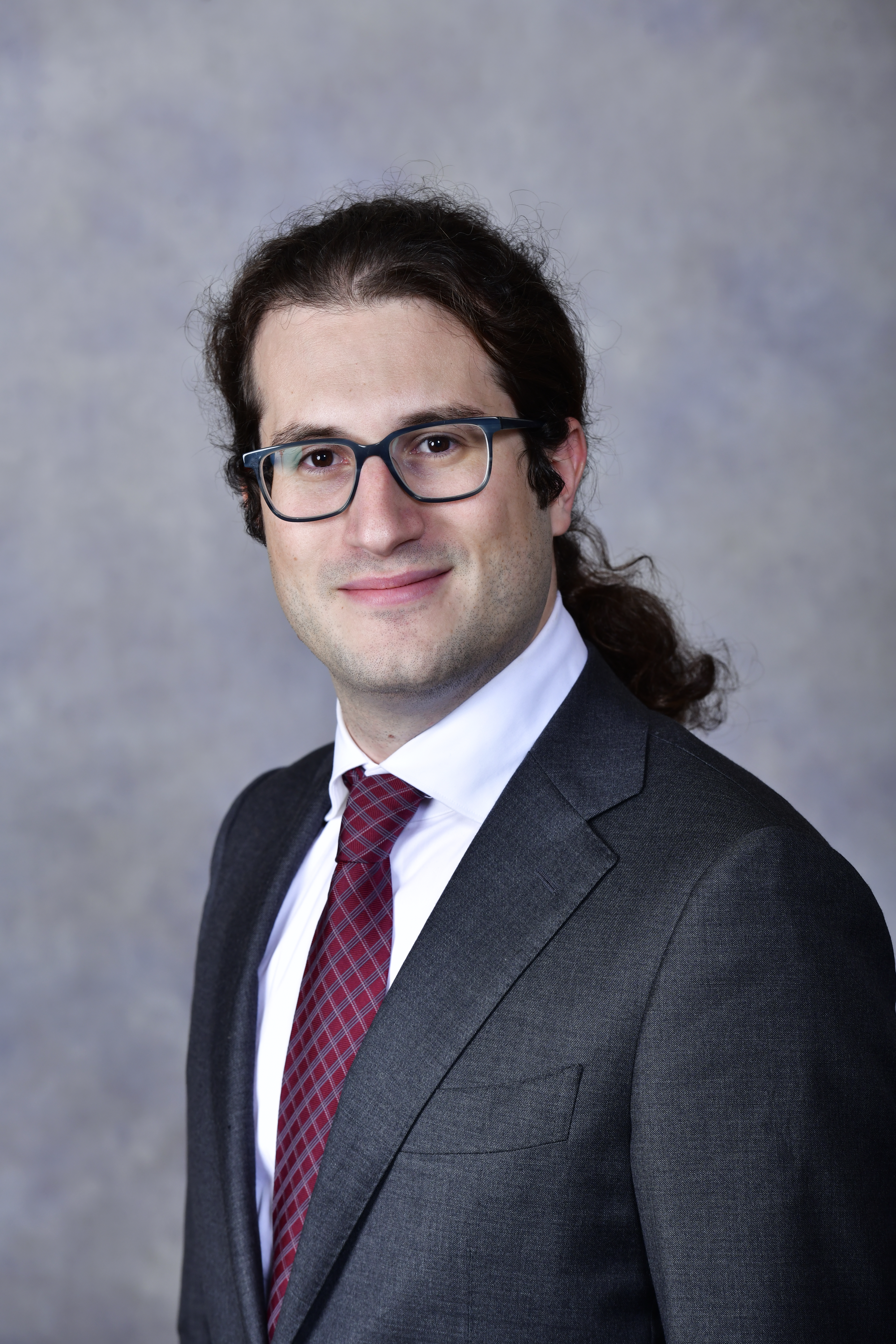
Schedule office hours here.
Max Smith is an Earl S. Johnson Lecturer in Political Science in MAPSS. He received his Ph.D. in Political Science from the University of Notre Dame and has a BA in Political Science from the University of Chicago.
Dr. Smith’s research interests focus on the history of political thought and contemporary democratic theory. Specifically, he is interested in the theories of civil conflict, disagreement, and dissension. He has published several articles on these topics in American Political Thought and the Political Science Reviewer. His current book project uses Machiavelli's theory of civil conflict, both its revolutionary defense of class conflict’s role in free politics and his often-overlooked critique of party politics, to develop new resources for thinking about civil conflict in a political world in which neither consensus nor mutual understanding seem achievable.
Beyond Dr. Smith’s work on Machiavelli, his research on the conceptualization of civil conflict, and the deployment of theories of conflict by political theorists past and present to overcome, domesticate, or embrace the irascible part of politics deals with matters of central concern to scholars across the social sciences. His work on conflict draws on scholarship in History, empirical subfields in Political Science, Psychology, and other fields in the Social Sciences intersecting with research on topics including race, class, gender, political parties, civil war, and civil violence.

Schedule office hours here.
Jingyuan "Juan" Qian (he/him) is an Earl S. Johnson Lecturer in Political Science in MAPSS. He has a Ph.D. in Political Science from the University of Wisconsin-Madison, a Master of Public Policy from Georgetown University, and a BA in Political Science and History from Macalester College in Minnesota.
Dr. Qian is a comparative political scientist with a regional focus on China and East Asia. His research interests include statebuilding, elite and bureaucratic politics, and political violence in both historical and contemporary contexts. Central to his research is the fundamental question of political control – how political leaders effectively incentivize and maintain the compliance of the bureaucracy in executing costly and undesirable tasks for the regime.
In his book manuscript, titled Statebuilding by Campaign: Regime Consolidation and Political Control in Modern China, Dr. Qian explores the strategies employed by the Chinese regime under Mao Zedong to motivate and control subordinate bureaucrats during major political campaigns from 1949 to 1976. Through extensive archival research and quantitative analysis of historical data, the work highlights three mechanisms used by Mao to enforce loyalty and compliance among bureaucrats: providing incentives for officials with questionable backgrounds to signal their loyalty; exploiting factional divisions and cleavages among officials; and mobilizing the masses against local bureaucrats through mass participation. The study demonstrates how the central leadership, using a combination of top-down accountability, peer scrutiny and pressure, and bottom-up mobilization, enhanced its control over local cadres and compelled their implementation of coercive or unwanted policies.
In addition to his book project on the Mao era, Dr. Qian has undertaken various research projects exploring the tactics of political control and bureaucratic management in contemporary China. His recent work has been published in peer-reviewed journals including The China Quarterly and Ethnopolitics.
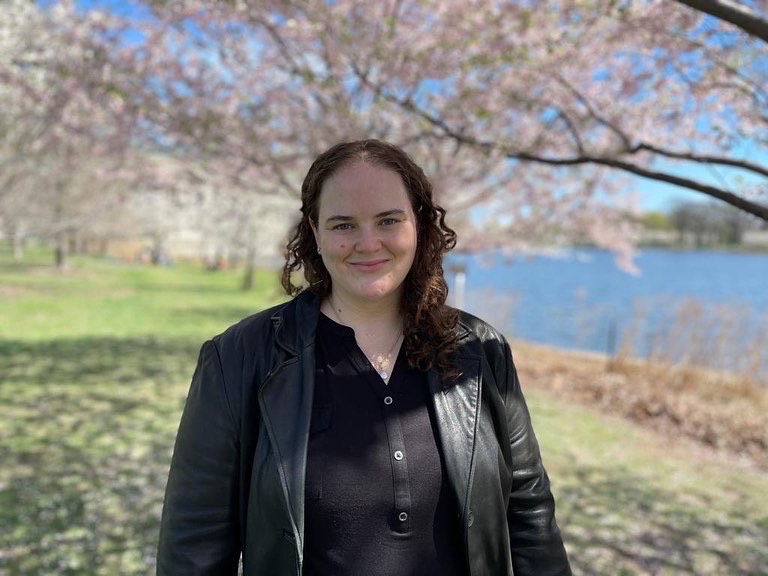
Schedule office hours here.
Deirdre Lyons (she/her) is an Earl S. Johnson Lecturer in History in MAPSS. She received her PhD from the University of Chicago, an MA in History and an MA in Social Sciences from the University of Chicago, and a BA in History from New York University. She has held postdoctoral and research fellowships from, among other institutions, the Omohundro Institute of Early American History & Culture, the John Carter Brown Library, the Schomburg Center for Research in Black Culture, the University of Chicago, the École des Hautes Études en Sciences Sociales, and a Fulbright U.S. Student fellowship.
Dr. Lyons' research focuses on the history of gender, family, and racial politics before and after the second abolition of slavery in the French Antilles in 1848. Her book project, provisionally entitled Slavery, Emancipation, and Family Politics in the Nineteenth-Century French Antilles, draws on over two years of archival research in France, Martinique, and Guadeloupe to examine the intimate, gendered lives of enslaved and freed peoples who helped to shape the contours of slavery and emancipation, while shedding new light on how French reformers, colonial authorities, and planters tried to remake a post-slavery society by disciplining and reforming the family lives of the laboring populations. At its core, Dr. Lyons' research illuminates how the family became a site of contestation over freedom’s limits before and after slavery in Martinique and Guadeloupe. Her work also illuminates how enslaved and freed people—especially women—created cultural and social familial institutions in bondage and in freedom that served as survival strategies, a means of establishing autonomy, and as spaces from which they could counteract exploitation and oppression. Dr. Lyons' research thus contributes to several dynamic fields in history that will be of interest to scholars focused on early modern Atlantic history: including slavery and emancipation in the vast early Americas, the early modern and modern Caribbean, Atlantic Worlds, European imperialism, gender and sexuality, race and racial politics, colonialism, and archival methodologies. Her most recently published article, “‘They Are Free with Me’ Enslaved and Freed Women’s Antislavery Lawsuits in the French Antilles, 1830-1848,” is available in French Historical Studies Vol. 47, No. 3 (August 2024).
In addition to her research, Dr. Lyons has extensive experience in academic service and projects beyond academia. She has served as the Assistant Reviews Editor for the Journal of African History and is the current Tech Officer for the French Colonial Historical Society. She also has engaged in several public-facing history projects, including co-curating a special exhibition at the Haitian American Museum of Chicago and consulting on policy research for anti-human trafficking NGO’s.
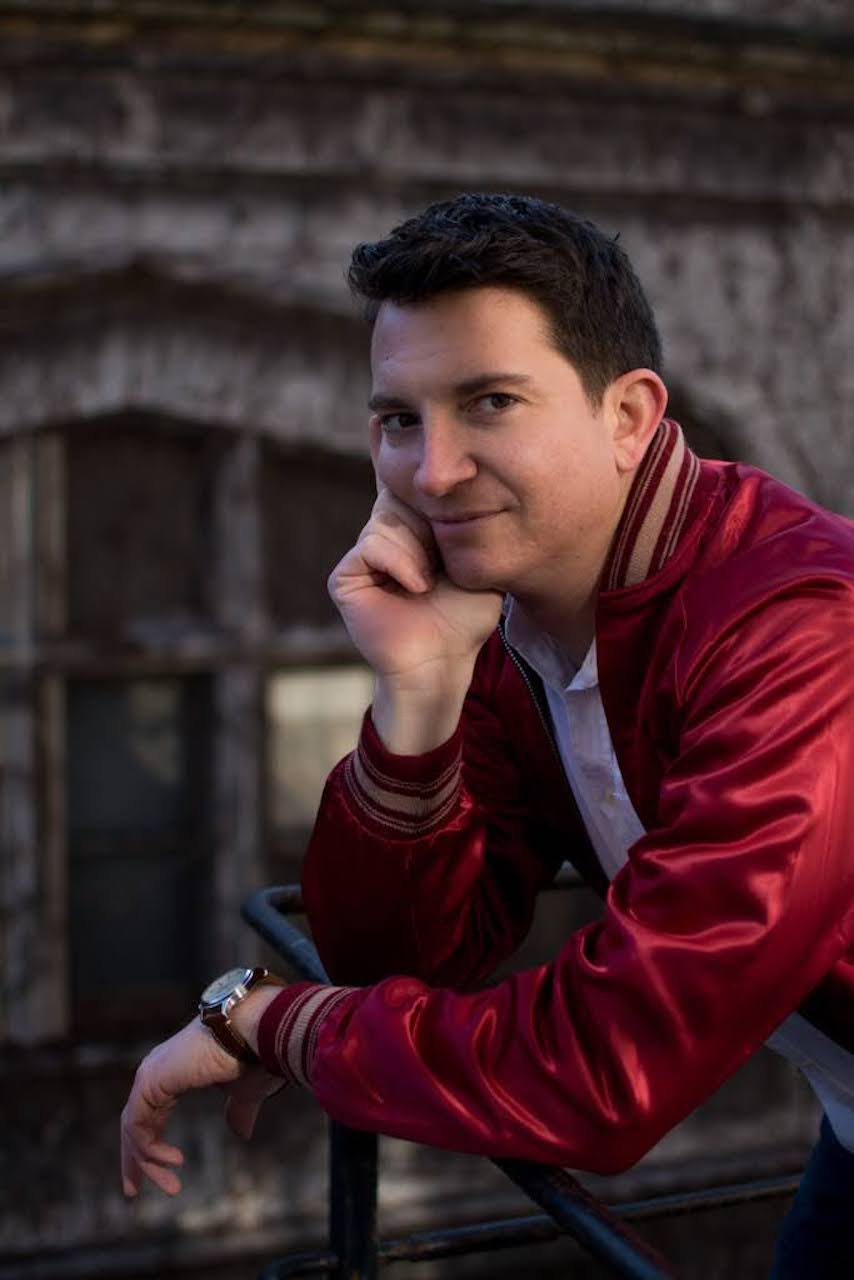
Schedule office hours here.
Alex Hofmann is an Earl S. Johnson Lecturer in History in MAPSS. Dr. Hofmann is a cultural historian of the nineteenth- and twentieth-century American South. He is interested in how the presumed idiosyncrasies of Southern life make legible currents of the U.S. experience that ran subterranean through other regions. In this light, the region provides a framework to realize a fuller understanding of U.S. history, its myths, and its contradictions.
More broadly, Dr. Hofmann's diverse research interests cohere around an interdisciplinary approach that reframes historical oddities as meaningful evidence of how Americans made sense of the political, economic, and social worlds they inhabited through their everyday lived experience. He explores this through interests that include the histories of perception, collective memory, visual culture, violence, race and racism, and the body. Broadly speaking, he seeks to understand how we reconcile the simultaneous presence of destruction and creation, horror and comedy, gravity and frivolity, grappling with how these not only coexist but also emerge from the same source—the very tension at the heart of the human condition.
He is currently working on his manuscript, provisionally titled Shattered: The South after the Civil War. This project examines how mass witnessing of wartime destruction forced white Southerners to create new ways of making meaning from the material world. In the long aftermath of the Civil War, white Southerners were by necessity experimenting widely with culture, engaging in discursive spectacles that were sometimes playful, sometimes morose, but always processing and restaging the war’s violence. Through these, white Southerners came to understand themselves and their region as dismembered, uncanny, kinetic, and unmoored. Reinterpreting the history of a long Civil War as the prehistory of spectacle lynching, this project concludes by explaining how these war-inspired ways of interpreting the world came to endow specific acts of racial violence with particular meanings that made spectacle lynchings thinkable in ways they had not been previously.
Dr. Hofmann teaches widely on cultural history, including the history of themed spaces and the history of spectacle. As with his research, these courses seek to understand how historical actors registered seismic shifts in their everyday lives. Using an interdisciplinary approach, these classes seek to question and expand what we typically count as “history” by reading the inane for its radical significance.
Dr. Hofmann earned his PhD in history from the University of Chicago and a BA in history and political science from the University of Southern California. His recent article “The Kinetic South” appeared in Southern Cultures.
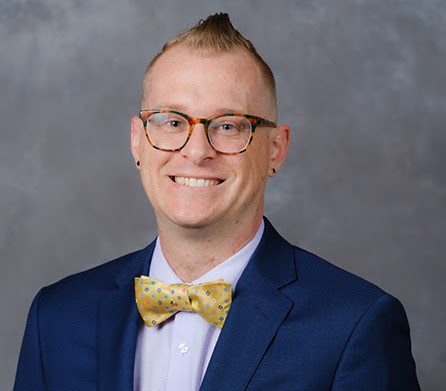
Schedule office hours here.
Andrew Proctor (he/him) is an Assistant Instructional Professor of Political Science in MAPSS. At the University of Chicago, he teaches courses on lesbian, gay, bisexual, and transgender (LGBT) politics in the United States, identity politics, survey research and quantitative methods. He also offers a research practicum course where he works with students to collaboratively conduct research on topics in American politics.
Professor Proctor’s research draws on interdisciplinary perspectives and methods to advance our understanding of inequality in the United States and its intersections with the politics of sexuality, gender, race, and class. He studies how institutionalized inequalities affect the political experiences of the members of marginalized communities. His work is motivated by a broad interest in explaining how power and marginalization shape and are shaped by politics and uses a multi-method approach that includes both qualitative, observational, and experimental methodologies. Professor Proctor’s work has been published in leading journals in political science, including the American Political Science Review, American Journal of Political Science, Political Research Quarterly, Politics Groups, & Identities, Oxford Research Encyclopedia of Politics, and Sage Open. You can learn more about his work on his website: www.atproctor.com.
Professor Proctor’s current book project, “Coming out to vote: The political construction of sexuality and gender identity,” examines how the two-party system in the United States constituted a lesbian, gay, bisexual, and transgender (LGBT) political constituency and collective identities. Using interest group archival records, newspapers, political party platforms, campaign materials, and original survey data, the book demonstrates how representation in the party system constituted sexuality and gender identity as categories of political identification. The project shows how groups and collective identities form through endogenous political processes shaped by power. In doing so, “Coming out to vote” challenges conventional wisdoms that political parties reflect exogenous group interests.